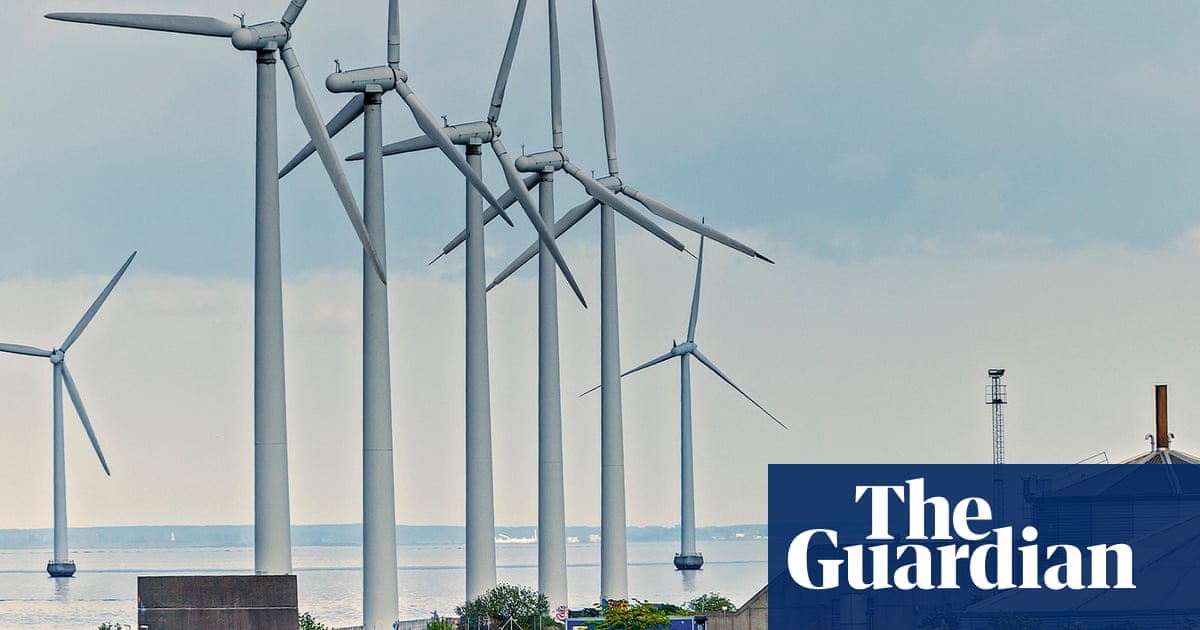Denmark is reconsidering its 40-year ban on nuclear power in a major policy shift for the renewables-heavy country.
The Danish government will analyse the potential benefits of a new generation of nuclear power technologies after banning traditional nuclear reactors in 1985, its energy minister said.
The Scandinavian country is one of Europe’s most renewables-rich energy markets and home to Ørsted, the world’s biggest offshore wind company. More than 80% of its electricity is generated from renewables, including wind, biofuels and solar, according to the International Energy Agency.



It’s funny you mention that because this just came up today:
https://reneweconomy.com.au/tasmanias-hydro-power-hits-record-lows-as-trading-strategy-shifts-from-baseload-to-firming/
The question is if nuclear power ends up being a non-used source of energy unless in extreme situations like
then is it an appropriate solution? If it’s only for a short time then it sounds like gas would be better
Yeah, weather is shifting a lot. Methane is really bad to build as any leaks (and they do leak) release gas that accelerates climate change way faster than carbon. Nuclear is a reliable source for a long time. I suspect that many of the world’s hydro dams will become less useful as things deteriorate. Perhaps some can be replaced by geothermal, or solar/wind/battery, but for places that are in geographically disadvantaged locations, nuclear is a great option.
Absolutely not, in no way is natural gas better. https://www.youtube.com/watch?v=BcoN2bdACGA Please watch this. This is Why Trump is threatening Greenland.